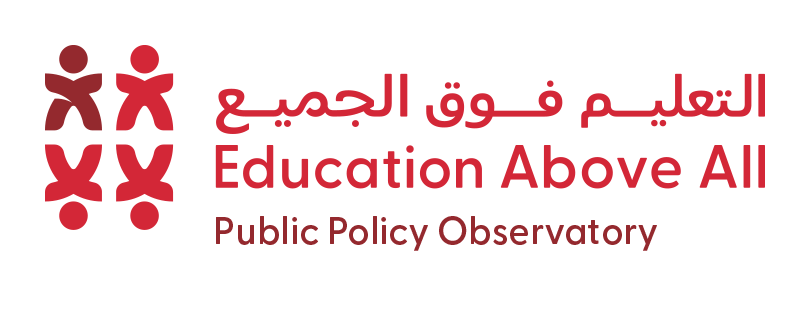Context
By 2030, an estimated 825 million children may complete their education without acquiring basic secondary-level skills. This underscored the prevailing global skills shortage, driven by education systems that often prioritize rote knowledge over practical, future-ready competencies. The COVID-19 pandemic has further exacerbated this crisis, disrupting learning and limiting access to training opportunities. There is a critical need to support youth in transitioning from education to employment by empowering them with the skills to thrive in an evolving global economy.
Solution
FunDoo is a digital life coach designed to empower adolescents and young people with critical 21st-century skills, including employability, green, and life skills, while also addressing topics such as mental health, gender-based violence, and career readiness. Launched by UNICEF and YuWaah (Generation Unlimited India) during the COVID-19 pandemic, the platform was initially developed to combat vaccine misinformation in India. It has since evolved into a global learning tool available via WhatsApp, Facebook Messenger, Instagram, Telegram, Viber, and SMS. FunDoo features bite-sized, gamified, and experiential learning modules that are self-paced and accessible even in low-bandwidth environments. Tasks are modular, mobile-friendly, and reward users with certificates, digital badges, and learning incentives. It adapts and iterates to meet the evolving needs of its users using real-time evaluation data. FunDoo offers an engaging, inclusive, and low-tech pathway to build youth agency and equip young people for a rapidly changing world.
Insights
FunDoo has reached over 1 million users across eight countries, offering more than 180 interactive, skills-based tasks. Early insights show strong engagement and relevance across diverse contexts. However, while the platform shows promising potential for global scale and youth empowerment, systematic evaluations on learning outcomes and long-term impact are still limited, highlighting the need for further assessment and evidence generation.













